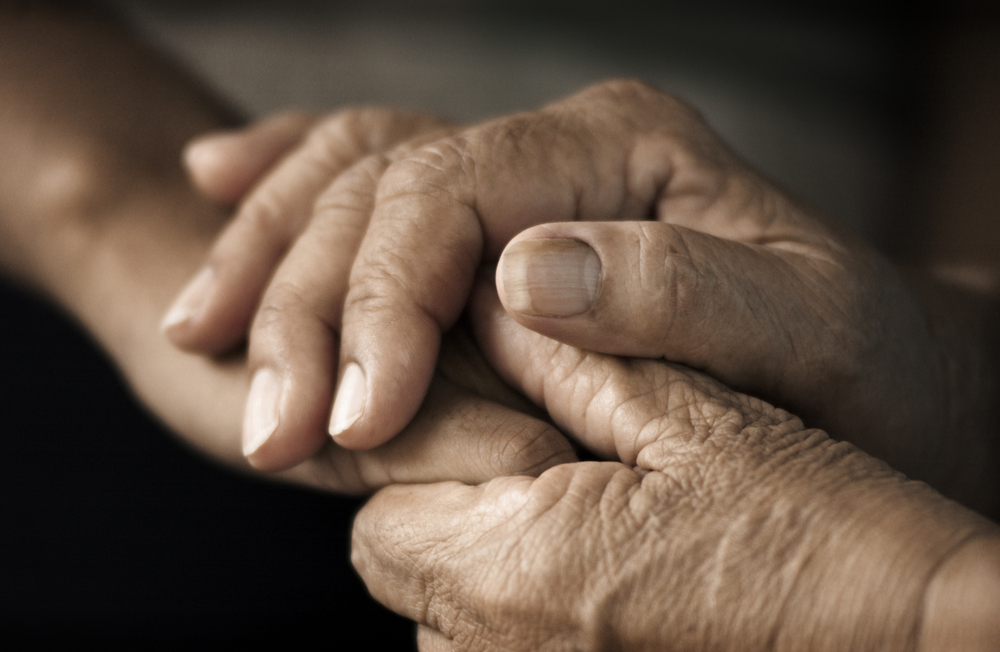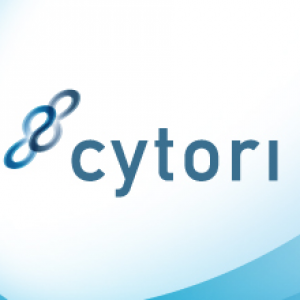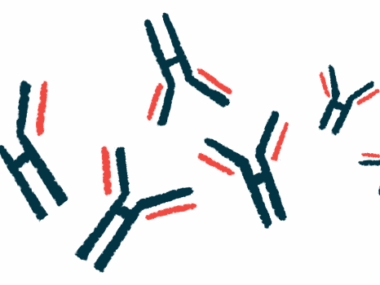Pivotal Scleroderma STAR Trial Expansion Approved By the FDA
Written by |

 Cytori Therapeutics, Inc. recently announced an FDA approval that will allow them to expand the number of sites in the United States from 12 to 20 centers where the company’s Scleroderma clinical trials are currently being conducted. The STAR study was approved by the FDA in January 2015 as an 80-patient pivotal clinical trial to assess the effects of ECCS-50, the company’s lead drug, for patients suffering from Scleroderma’s hand manifestations.
Cytori Therapeutics, Inc. recently announced an FDA approval that will allow them to expand the number of sites in the United States from 12 to 20 centers where the company’s Scleroderma clinical trials are currently being conducted. The STAR study was approved by the FDA in January 2015 as an 80-patient pivotal clinical trial to assess the effects of ECCS-50, the company’s lead drug, for patients suffering from Scleroderma’s hand manifestations.
Cytori’s Chief Medical Officer Steven Kesten said in a press release: “Increasing the number of trial sites to 20 institutions should make the STAR trial more accessible to physicians and patients with scleroderma. There are only about 35 specialized scleroderma centers in the U.S. and this decision to expand the trial sites by FDA allows us to substantially broaden the geographic coverage of the trial, increase the number of centers trained in the use of this therapeutic and ultimately facilitate trial enrollment.”
Scleroderma or systemic sclerosis is a systemic and chronic autoimmune condition characterized by the hardening of the skin itself. In more serious forms of the disease it also affects the internal organs. The cause of the disease remains unknown.
[adrotate group=”3″]
More Recent News About Cytori’s ECCS-50
Cytori Therapeutics is a company focused on late stage cell therapy that is currently developing autologous cell therapies based on adipose tissue to address several medical conditions.
The company announced recently the availability of data concerning the STAR trial, a pivotal clinical trial for scleroderma. It can be found on Cytori’s official website.
In 2015, the STAR trial will enroll 80 patients in the United States. The trial will be a randomized, placebo-controlled study to assess both efficacy and safety of a one-time administration of ECCS-50, a cellular therapeutic by Cytori, in patients suffering with scleroderma and also with hand dysfunction. A pilot trial demonstrated that after a one-time treatment of injections of over 4 million cells into each finger of test subjects, there was a 50 percent improvement in the scleroderma patients’ impaired hand function.





